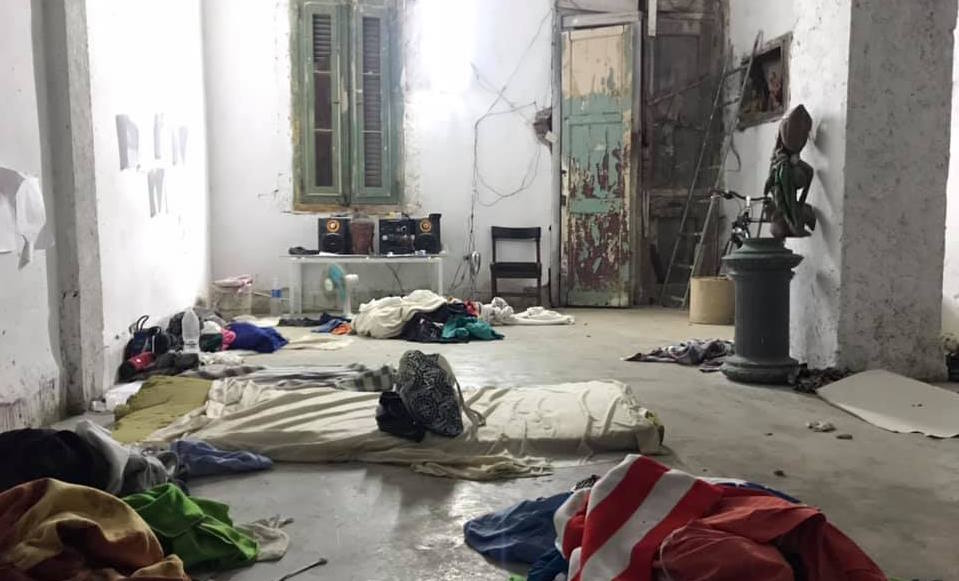The Constitutional Rights Protection Law, which was to have been approved last October, is one of the most important high-level pieces of legislation on the calendar.
It is also one of the most eagerly anticipated by lawyers, activists and civil society in general, as it is slated to implement the provisions of Article 99 of the Constitution: "Any person whose rights enshrined in this Constitution are violated and, as a consequence, suffers damages or losses inflicted by state bodies, leaders, officials or employees, due to their improper actions, or negligence in their functions, as well as by non-state individuals or entities, has right to file a claim with the courts for restitution of their rights and to obtain, in accordance with the Law, the corresponding reparation or compensation."
In theory, then, it would be logical to expect the Law to entail the protection of all the freedoms and rights recognized by the Constitution, and to, at the same time, clarify the state's constitutional duties in order to ensure that both people's rights and duties are ensured, with a special emphasis on the good practices of public officials, in accordance with international rules, agreements and conventions.
The following paragraph of Article 99, however, is a wake-up call reminding us that we are in Cuba: "The Law establishes those rights protected by this guarantee, and the preferential, expeditious and concentrated procedure for their fulfillment." In other words, not all the rights included in the Constitution will be covered by the Constitutional Rights Protection Law.
Will it protect the right to free expression, association and assembly for peaceful purposes, as well as free access to information? State Security's harassment of the members of the San Isidro Movement (MSI), and those who have supported it, reveals that it will not.
Any court could demonstrate the spuriousness of the pretext invoked to raid the headquarters, "violation of the health protocol for international travelers", as well as the wrongful violation of the people's right to assembly for peaceful purposes, which the agents, disguised as doctors, did not even make an effort to justify. They did not need to. Nor will they need to do so when the Law, close to completion, is approved, according to a publication of the People's Supreme Court (TSP).
A magistrate on this court, Carlos Manuel Díaz Tenreiro, who has actively participated in the drafting of the Law, stated in an interview published on the official TSP website that, although the Constitution assigns the stipulation of the rights to be protected to the Law, in his judgment it should include "those related to dignity, equality, personal freedom, as well as property...".
The magistrate made no express mention of the rights to freedom of expression, assembly, demonstration for peaceful purposes, or free movement, ones violated in the case of MSI members and many of those who have tried to visit them. Neither did he cite the right to unrestricted access to information, of which all citizens were deprived before and during the raid on the headquarters of the Movement, nor political participation.
If the Constitutional Rights Protection Law does not safeguard these rights, what legislation will?
Judge Díaz Tenreiro think it is likely that the content of the new Law will not establish it as a channel to resolve matters whose prosecution is provided for via other ordinary proceedings. In his view, it is a question of making good use of all the legal tools that are already available.
Case in point: the TSP's Instruction 245, which implements Article 59 of the Constitution and allows one to file a suit with via the judicial channel when they have suffered a confiscation of their property that has entailed a violation of the aforementioned constitutional article. Articles 94 and 98 of the Constitution validate the instruction, but it does not protect the rights to freedom of expression, demonstration for peaceful purposes, free movement, access to information, or political participation.
What protection will those people who have suffered these violations have? Who determines the rights that will be protected by the Law, and on what basis?
It is evident that the wording of this Law will fail to defend the constitutional rights that would make persecution for political reasons, and all acts committed against the San Isidro Movement, illegal. Although the law, in appearance, aims to protect constitutional rights, its wording will preclude any legal claims brought by citizens against the state for its actions.
Citizens, then, should not wait for the Supreme Court, the body responsible for drafting this future law, to publish a draft version and offer an email address and a telephone number to send or make suggestions and comments, to demand that all constitutional rights be protected by law.
First, because neither the bodies that draft the rules nor the National Assembly are legally obliged to publish a preliminary draft or to give the people the opportunity to express their opinions; and second, because we have already seen that, when they do, the time allotted for this consultation is very limited, and the main channel, email, is still very expensive for most Cubans.
Pressure for the draft version of this law to be published in advance and submitted to popular consultation must be exerted now. The legal instrument to do so is the collection of signatures to exercise the right to legislative initiative, recognized in subsection K of Article 164 of the Constitution. In order for the National Assembly to be obliged to accept the petition, at least, and submit it to a vote, it is essential that each petitioner submit their duly certified signature, issued by the National Electoral Commission, as established by Law 131.
